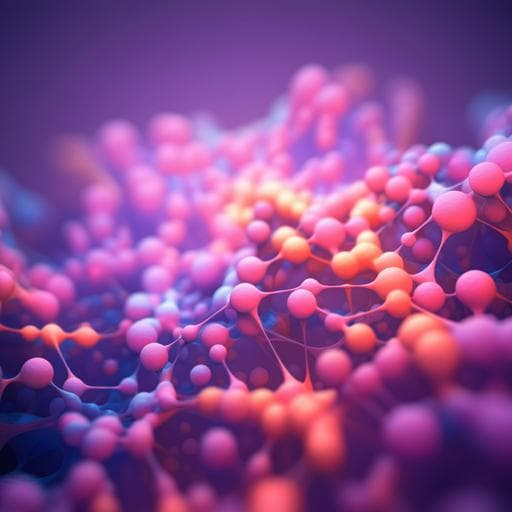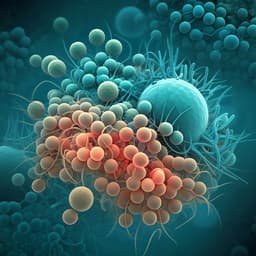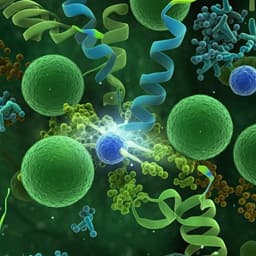
Food Science and Technology
Uncovering the anti-inflammatory potential of *Lactiplantibacillus Plantarum* fermented *Cannabis Sativa* L seeds
L. Shan, A. Tyagi, et al.
This groundbreaking study by LingYue Shan, Akanksha Tyagi, Hun-Ju Ham, and Deog Hwan Oh explores the transformative anti-inflammatory benefits of fermented hemp seeds. With significant reductions in inflammatory markers and the identification of potent metabolites, this research unlocks the potential for innovative hemp seed-based health products.
Related Publications
Explore these studies to deepen your understanding of the subject.







